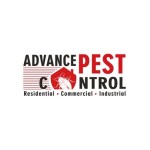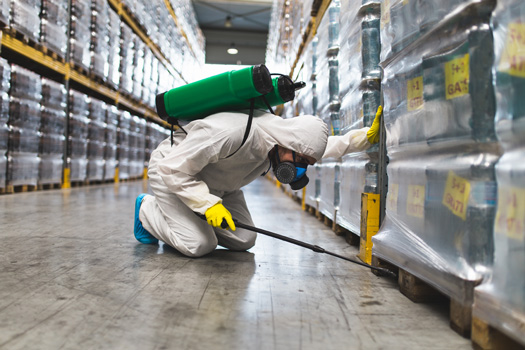Introduction: In the dynamic landscape of industrial operations, maintaining a pest-free environment is paramount for ensuring the safety of products, the well-being of employees, and the overall integrity of the business. Industrial pest control is not just about eradicating nuisance pests; it is a strategic approach to safeguarding productivity and upholding the reputation of a company. In this article, we delve into the critical importance of industrial pest control and the comprehensive measures industries undertake to mitigate the risks associated with pest infestations.
The Impact of Pests on Industrial Settings: Pests pose a multifaceted threat to industrial facilities, ranging from manufacturing plants and warehouses to food processing units. Rodents, insects, and other pests can compromise the structural integrity of buildings, damage raw materials and finished products, contaminate production lines, and even jeopardize the health and safety of employees. Beyond the immediate operational disruptions, pest infestations can lead to financial losses, regulatory violations, and irreparable damage to a company's reputation.
Health and Safety Compliance: Industrial settings, especially those involved in food processing, pharmaceuticals, and manufacturing, are subject to stringent health and safety regulations. Pest control plays a pivotal role in meeting these standards, as pests can carry diseases, contaminate surfaces, and compromise the quality of products. A robust pest control program ensures compliance with industry regulations and helps prevent the spread of illnesses, protecting both employees and consumers.
Protecting Inventory and Raw Materials: For industries that rely on vast inventories and warehouses, the presence of pests poses a direct threat to stored goods. Rodents and insects can consume, damage, or contaminate raw materials and finished products, leading to significant financial losses. Industrial pest control strategies involve not only the eradication of existing pests but also preventive measures to fortify storage areas and minimize the risk of infestations.
Preserving Equipment and Infrastructure: Pests are not only a menace to products but can also cause damage to the infrastructure and equipment within industrial facilities. Chewed wires, gnawed insulation, and nests in machinery can result in costly repairs and downtime. Regular inspections, coupled with targeted pest control measures, help safeguard the longevity and functionality of equipment, preventing unforeseen breakdowns and minimizing maintenance costs.
Integrated Pest Management (IPM) in Industrial Settings: Industrial pest control goes beyond reactive measures; it involves a proactive and strategic approach known as Integrated Pest Management (IPM). IPM focuses on preventing pest infestations through a combination of sanitation, exclusion, monitoring, and targeted treatments. By addressing the root causes of pest issues and employing a holistic strategy, industries can create a resilient defense against pests while minimizing the reliance on chemical solutions.
Professional Expertise in Industrial Pest Control: Given the complexity and scale of industrial operations, many businesses opt for professional pest control services. These experts bring specialized knowledge, advanced technology, and experience in dealing with the unique challenges posed by industrial settings. Customized pest management plans are developed to address specific risks, ensuring a comprehensive and sustainable approach to pest control.
Conclusion: In the industrial landscape, where precision, efficiency, and safety are paramount, industrial pest control emerges as a vital component of successful operations. By prioritizing a proactive and integrated approach to pest management, industries can protect their investments, preserve the quality of their products, and foster a safe and healthy working environment. In essence, industrial pest control is not just about eliminating pests; it's about fortifying the foundation upon which industrial success is built.
Find out more today, visit our site: -








Comments